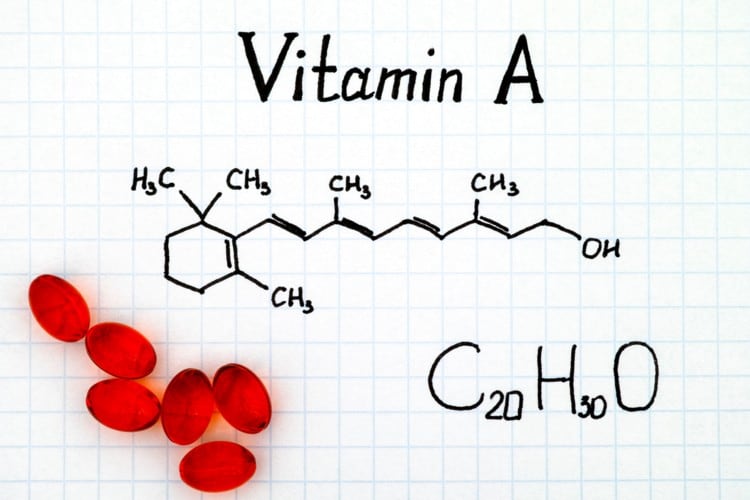Sulfuretin, which is also a major flavonoid found in Toxicodendron vernicifluum — or the Chinese lacquer tree — has traditionally been used in East Asia as a herbal medicine, food additive, and natural dye.
In a study led by South Korea's Sungkyunkwan University, researchers stated that the "global obesity epidemic and associated metabolic diseases require alternative biological targets for new therapeutic strategies".
Based on this, they sought to demonstrate how sulfuretin could prevent obesity and increase insulin sensitivity in obese mice on a high-fat diet, as well as how a phytochemical sulfuretin could suppress adipogenesis (the process by which pre-adipocytes become adipocytes, or fat cells) in an in vivo test.
Of mice and metabolic diseases
For the animal study, the researchers divided 32 male mice equally into four groups: the first fed a normal diet, the next fed a high-fat diet with 60% of the calories from fats, the third a high-fat diet with 20% of the calories from carbohydrates, and the last a high-fat diet with 20% of the calories from protein.
For 10 weeks, each mouse in two of the high-fat diet groups were injected daily with either 5mg/kg of sulfuretin, or 10mg/kg of sulfuretin. The other high-fat diet group was treated as a control group, while the mice in the group on a normal diet were also each injected with 5mg/ kg to 10mg/kg of sulfuretin daily.
After the treatment period, the researchers observed that the high-fat diet groups injected with sulfuretin had experienced significant prevention of body weight gain, as well as lower liver and epididymal white adipose tissue weight.
In addition, they saw reduced lipid accumulation in the liver, with smaller adipocytes, and lower levels of fasting serum glucose, triglycerides, and total cholesterol.
At the same time, sulfuretin supplementation suppressed inflammatory mediators of tumour necrosis factor-alpha (TNF-α) and decreased TNF-α in the liver, indicating its potential role in improving insulin sensitivity in obese mice fed a high-fat diet.
Cellular implications
The in vitro study found that sulfuretin inhibited lipid accumulation and reduced the expression of adipocyte markers.
It also suppressed adipogenesis in certain adipocytes, and inhibited the expression of Pparγ, Fabp4, C/ebpα, and Cd36 proteins, which have been implicated in the pathology of diseases such as obesity and diabetes.
Sulfuretin was also said induce activating transcription factor 3 (ATF-3), a protein produced in various tissues by physiological and cellular stress that is known to inhibit lipid accumulation and adipogenesis.
The researchers added, however, that ATF-3's role in obese mice was still "controversial", with some earlier studies having reported that it may be partially responsible for insulin resistance, regardless of obesity.
Some research has also found ATF-3 to be involved in stimulating inflammation, though conflicting results in other studies have found it to protect against inflammation and glucose intolerance.
The reasons for these contradictory findings are still unknown, but "various experimental conditions such as differential strains, ages, and duration of high-fat diet feeding bear the possibility to explain the variation".
In conclusion, the researchers wrote: "Sulfuretin found in edible and medicinal plants exerts various effects, including the attenuation of allergy, arthritis, lymphedema, calvarial defects, and the prevention of type 1 diabetes in animal models.
"Given the responses in the (high-fat) diet-induced obese mice, sulfuretin may provide a new approach for possible use in adiposity and its related metabolic diseases.
"However, since human and mice could be divergent in life span and metabolism, future studies targeting the prevention of metabolic diseases in humans are also needed to further explore this potential."
Source: Biomolecules & Therapeutics
https://doi.org/10.4062/biomolther.2018.090
"Sulfuretin Prevents Obesity and Metabolic Diseases in Diet Induced Obese Mice"
Authors: Suji Kim, et al.




